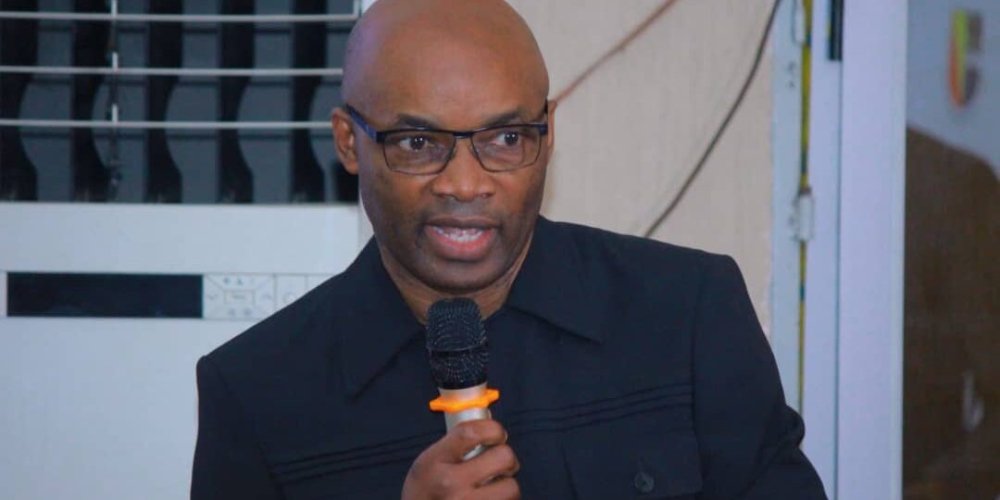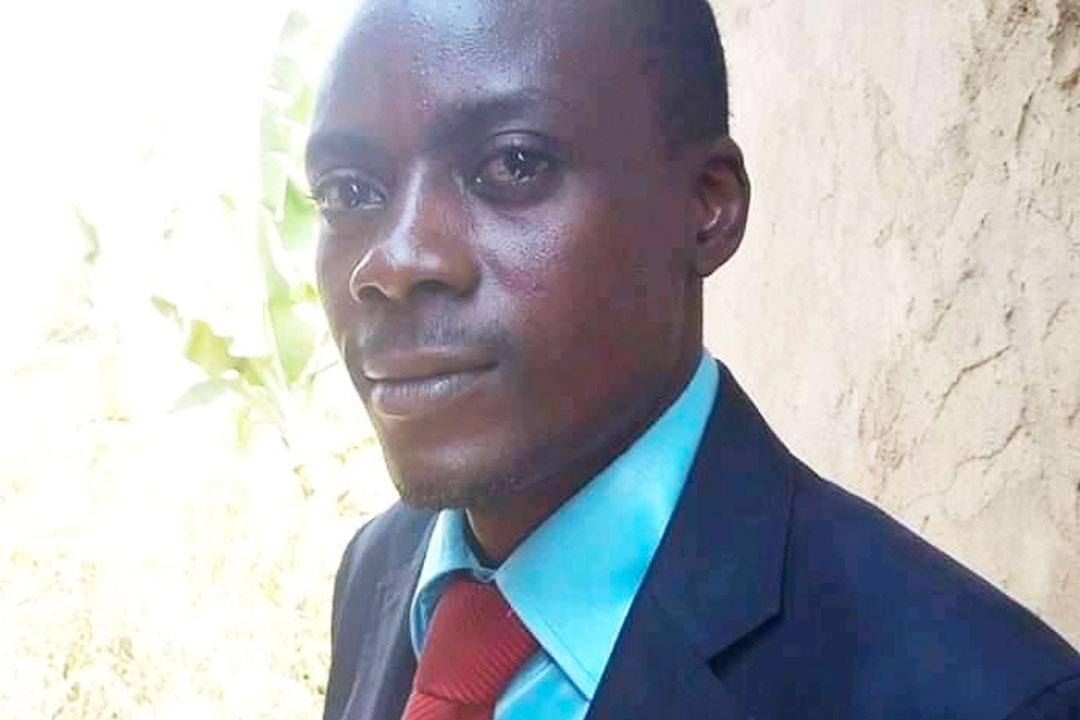In a letter addressed to the UN Mechanism for International Criminal Tribunals (MICT), 8 persons acquitted from the International Criminal Tribunal for Rwanda (ICTR) address the hardships faced since their acquittals and demand to be united with their families.
The signatories, among others Jerome Bicamumpaka, Gratien Kabiligi and Casimir Bizimungu, claim the ICTR has failed its responsibility to assist aquitted persons in gaining adequate accomodation, as many of them are still residing in ICTR prisons despite having been acquitted on substantive grounds many years ago.
‘’ We were arrested and accused of the most serious crimes. The ICTR asserted that our respective arrests were made on the basis of prima facie evidence. But the reality is that we were arrested on the basis of the positions we held in the Rwanda government in 1994 or merely on the basis of someone’s social standing. After lengthy trials dealing with each of the charges brought up by the Prosecutor, the ICTR Chambers found us to be innocent’’, reads the letter that was sent to the MICT on April 21, 2016..
Furthermore, the acquitted, the majority being of advanced age, accuse the ICTR of not making enough efforts towards their rehabilitation and integration back into society. Most of them have been denied entrance into the Western countries where their families have relocated to, mostly Belgium, France and Canada. They ask the UN to take the necessary legal steps to ensure family reunification.
” (..) The UN Tribunal got us arrested on wrong premises. The United Nations, hereby represented by the MICT, has an obligation to do whatever it takes to reunite us with our families. When countries harboring families of the acquitted persons respond negatively or drag their feet, the Tribunal or the UN should stand up, go back to see them and negotiate vigorously and convincingly so as to bring them to understand that the person seeking relocation has all the necessary merits to enter the said country and that international legal instruments encourage countries to welcome him’’, they state.
The signatories also refuse to go back to Rwanda out of fear of reported human rights violations in the country. In addition, their spouses and children cannot return to Rwanda after having obtained refugee status or nationality in foreign countries due to the threat of possible prosecution in their country of origin.
Despite the fact that the Rwandan government has offered to relocate them, the acquitted state ‘’the Kigali government is not sincere’’ and they cannot repatriate ‘’as long Rwanda is and remains an authoritarian repressive state’’. Moreover, four of them, Andre Ntagerura, Gratien Kabiligi, Protais Zigiranyirazo and Prosper Mugiraneza are said to have applied for international protection at the UNHCR. Until today, there has been no response from the UNHCR nor the host countries in question.
As such, the signatories urge the MICT to sensitize the UNHCR to grant them international protection that will ‘’undoubtedly facilitate their acceptance by countries harboring their families’’.
In closing, the aquitted redemand to receive copies of the UN relocation strategic plan regarding their future, which so far has been kept from them despite earlier requests, and recall that the UN ‘’is supposed to be a model of transparency and good governance’’.





